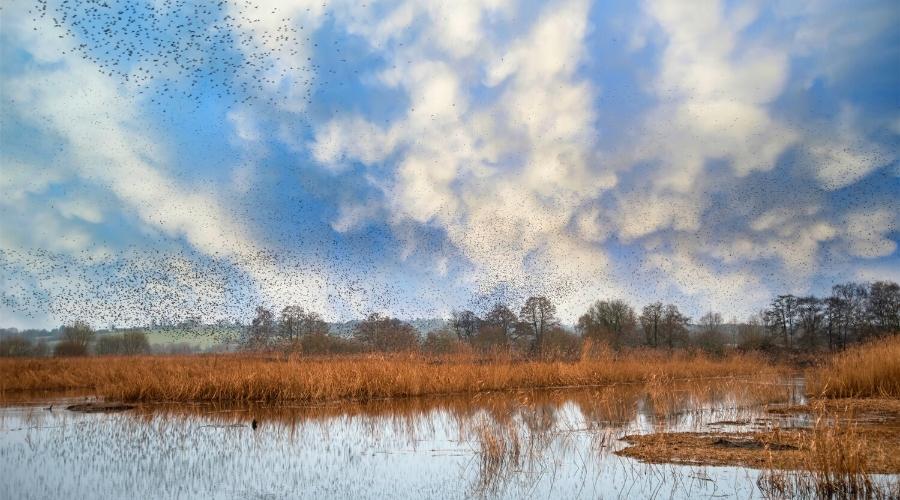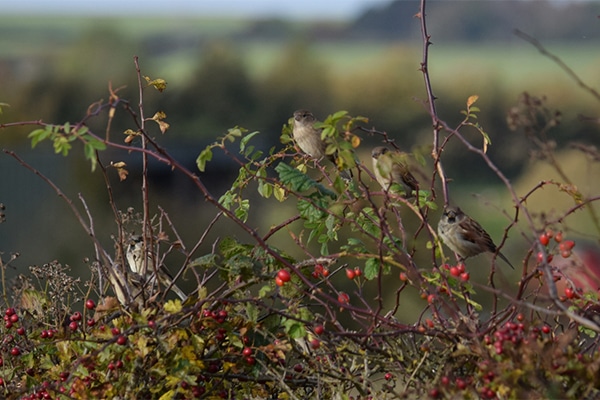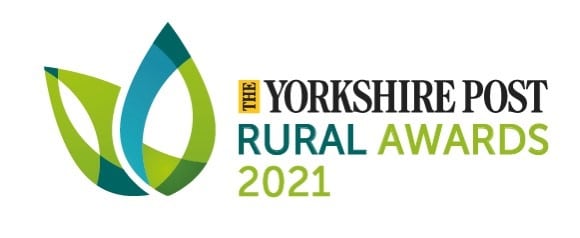
Sustainable shooting key to government’s nature recovery plans
Read Dr Conor O’Gorman’s blog on the role sustainable shooting has to play in the government’s ambitious plans for nature recovery in England.
Get information on the legal shooting season for mammals and birds in the UK.
Learn about our current conservation projects and how you can get involved.
Comprehensive information and advice from our specialist firearms team.
Everything you need to know about shotgun, rifle and airgun ammunition.
Find our up-to-date information, advice and links to government resources.
Everything you need to know on firearms law and licensing.
All the latest news and advice on general licences and how they affect you.

Defra has announced that work has begun on five major nature recovery projects across England.
The Landscape Recovery schemes‘ key objectives include mitigating wildlife losses and tackling climate change.
The schemes cover 99,200 hectares combined and will share an initial budget of £2.4 million to restore current wildlife-rich habitats while also creating new habitats.
The five projects sitting under the scheme are:
On launching the project, Tony Juniper said: “Nature recovery can only occur if we take action at scale, and that can only work through partnerships.”
BASC is fully supportive of this position. We adopt a sector-wide approach and have strong partnerships with many conservation organisations, including Natural England.
Shooting can bring extensive benefits for nature recovery, however it needs to be more openly acknowledged and our contribution championed.
Land managed for shooting takes place over one third of the UK’s rural landscape. The habitat creation and land management which exists hand-in-glove with shooting, alongside predator and pest control on those areas, will be essential for nature recovery and can play a major part in the schemes’ successes.
For example, BASC affiliated wildfowling clubs have been assisting Natural England at numerous sites within the Somerset Wetlands Landscape Recovery project. The clubs have collaborated with Natural England for decades to implement effective fox, mink and crow control and we are now working through legislative processes to ensure this activity can continue. The measures have and will continue to benefit the breeding success of ground-nesting waders, not to mention other wildlife such as the water vole.
BASC members continue to manage the land beyond this National Nature Reserve (NNR) and others to promote nature recovery.
The Somerset Wetlands collaboration is one of many ongoing across the UK. It offers a brilliant example of how sustainable shooting supports nature recovery, bringing benefits to wildlife and engaging local communities in delivery on the ground.
The partnership also showcases the importance of the work of BASC members in achieving government targets to halt the decline of species abundance by 2030.
BASC is always open to engaging in new collaborations for nature recovery and will look to build on the work that is already underway on the ground.
Want to find out more about BASC-affiliated wildfowling clubs? Click here.

Read Dr Conor O’Gorman’s blog on the role sustainable shooting has to play in the government’s ambitious plans for nature recovery in England.

The government is encouraging the creation of more hedgerows – and that will be a win for shooting and conservation.

BASC has been announced as the headline sponsor of this year’s Yorkshire Post Rural Awards, being held on 7 October 2021.
Sign up to our weekly newsletter and get all the latest updates straight to your inbox.
© 2023 British Association for Shooting and Conservation. Registered Office: Marford Mill, Rossett, Wrexham, LL12 0HL – Registered Society No: 28488R. BASC is a trading name of the British Association for Shooting and Conservation Limited which is authorised and regulated by the Financial Conduct Authority (FCA) under firm reference number 311937.
If you have any questions or complaints about your BASC membership insurance cover, please email us. More information about resolving complaints can be found on the FCA website or on the EU ODR platform.
This website uses cookies so that we can provide you with the best user experience possible. Cookie information is stored in your browser and performs functions such as recognising you when you return to our website and helping our team to understand which sections of the website you find most interesting and useful.
Strictly Necessary Cookie should be enabled at all times so that we can save your preferences for cookie settings.
If you disable this cookie, we will not be able to save your preferences. This means that every time you visit this website you will need to enable or disable cookies again.
This website uses Google Analytics to collect anonymous information such as the number of visitors to the site, and the most popular pages.
Keeping this cookie enabled helps us to improve our website.
Please enable Strictly Necessary Cookies first so that we can save your preferences!
More information about our Cookie Policy